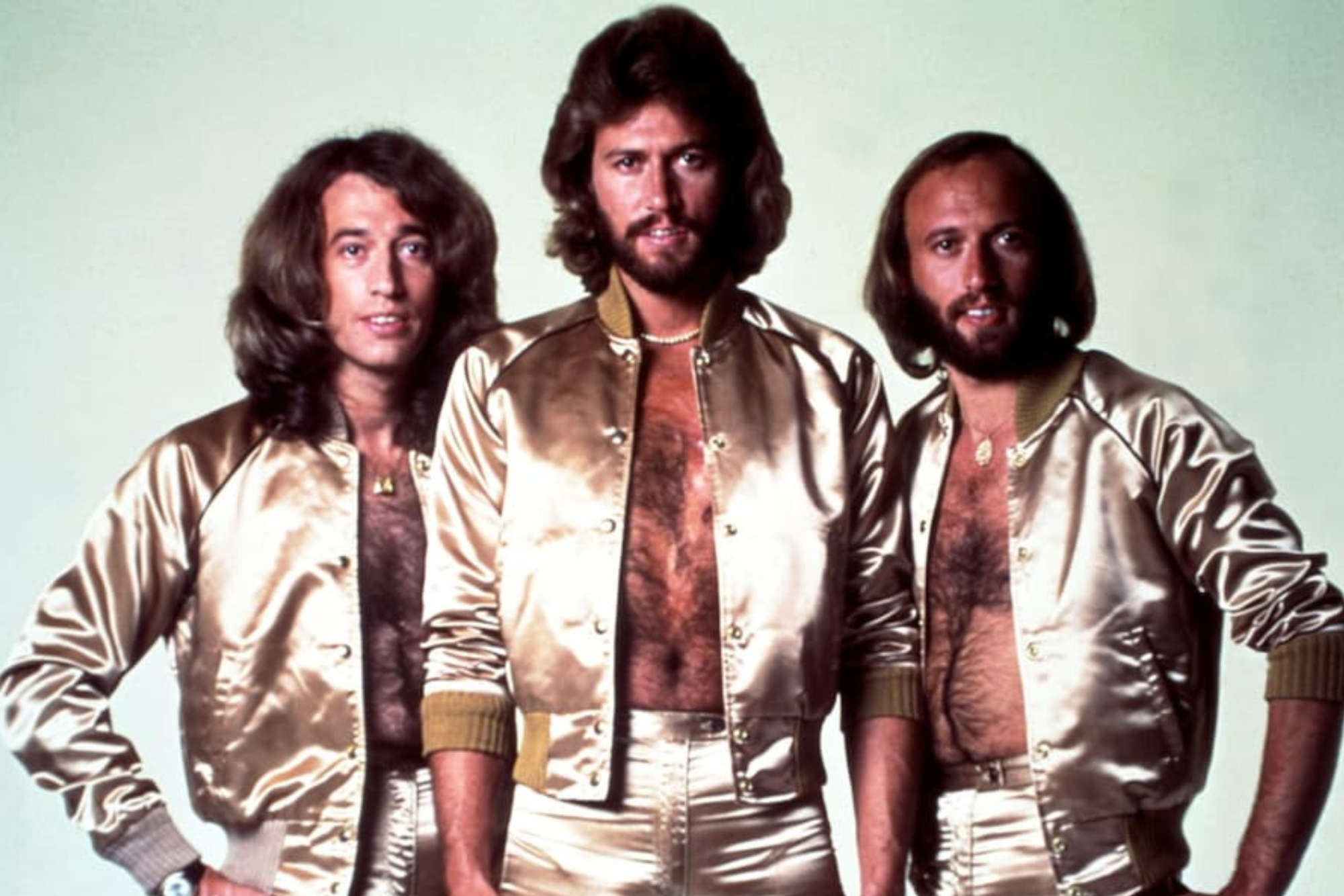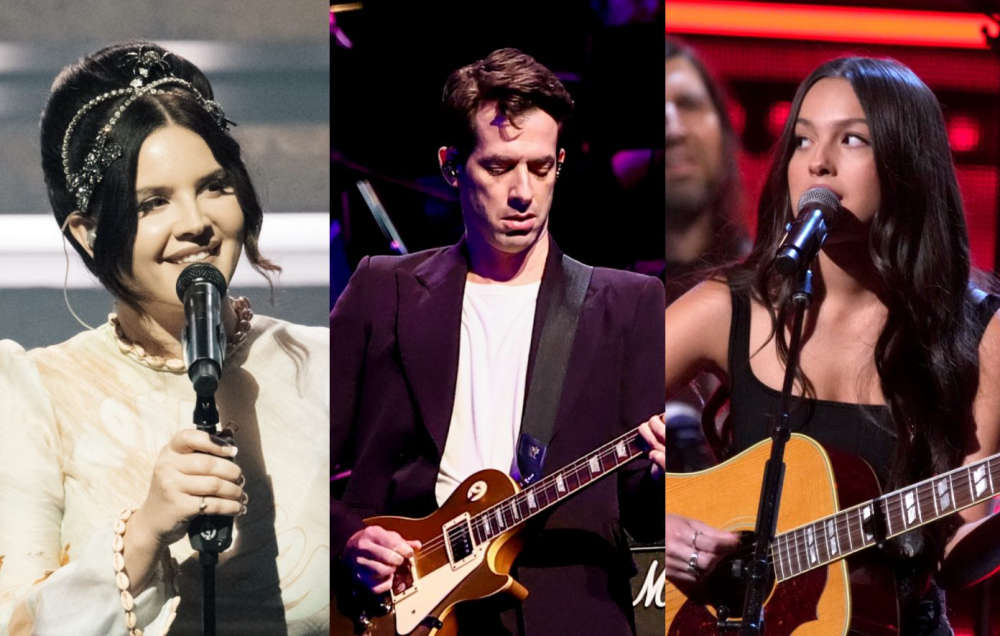
Bob Stanley’s biography tries to fathom the trio’s success, but while it excels at musical analysis, their personalities are harder to plumb
Are the Bee Gees underrated? Such is the premise of Bob Stanley’s loving biography of the brothers Gibb. I’m not entirely convinced that it’s possible to be underrated if you’ve sold more than 220 million records worldwide, scored dozens of classic hits (including nine US Number Ones), and are still part of the musical fabric over 20 years since you ceased operations. Clearly a lot of people rate the Bee Gees very highly – Stanley among them.
But what Stanley is really grappling with in Bee Gees: Children of the World is a perceived lack of respect for the group’s quixotic talents, signified by an absence of the kind of detailed critical assessments showered on other artists of comparable stature. You could stock libraries with books about The Beatles, but this is the first attempt to place the work of Barry, Robin and Maurice Gibb under a serious critical spotlight.
“The Bee Gees didn’t fit in. They never really made sense,” writes Stanley, who views them as pop’s greatest misfits, a band whom everyone knew but no-one understood. Himself a songwriter with the indie-pop combo Saint Etienne, Stanley has become a brilliant historian of 20th-century popular music, writing 2013’s Yeah Yeah Yeah: The Story of Modern Pop and last year’s Let’s Do It: The Birth of Pop Music, encyclopaedic tomes that offer counter-narratives to the notion that rock has been the definitive sound of our times.
Stanley was 10 years old when, in 1975, he was given a C-90 cassette of The Best of the Bee Gees by an uncle. “What exactly did ‘Bee Gees’ mean?” he recalls wondering, contemplating a photo of an unsmiling trio on a mustard-coloured cover. “It sounded like someone was trying to say ‘Beach Boys’, but they’d lost the will halfway through.” What he discovered inside was “inventive, shape-shifting writers of death-haunted melodies, with voices that sounded like no one else. They were deeply odd, and quite wonderful.”
One difficulty of contemplating the Bee Gees’ extensive oeuvre – B for ‘Brothers’, G for ‘Gibb’ – is the sheer length and peculiarity of a career that came to encompass doo-wop, folk, country, whimsy, psychedelia, light classical, soul, disco and clattering synth-pop, including soundtracks, solo albums, collaborations and sundry productions for other artists created in various combinations.
https://www.telegraph.co.uk/books/what-to-read/bee-gees-children-of-the-world-by-bob-stanley-review/


 Lana Del Rey, Mark Ronson, Olivia Rodrigo and more react to Grammy nominations
Lana Del Rey, Mark Ronson, Olivia Rodrigo and more react to Grammy nominations
 Dua Lipa says Tame Impala’s ‘Currents’ “completely changed my life”
Dua Lipa says Tame Impala’s ‘Currents’ “completely changed my life”
 Halsey quietly drops out of ‘The Nightmare Before Christmas’ concerts
Halsey quietly drops out of ‘The Nightmare Before Christmas’ concerts
 Dua Lipa continues hinting at new music with another social media teaser
Dua Lipa continues hinting at new music with another social media teaser















